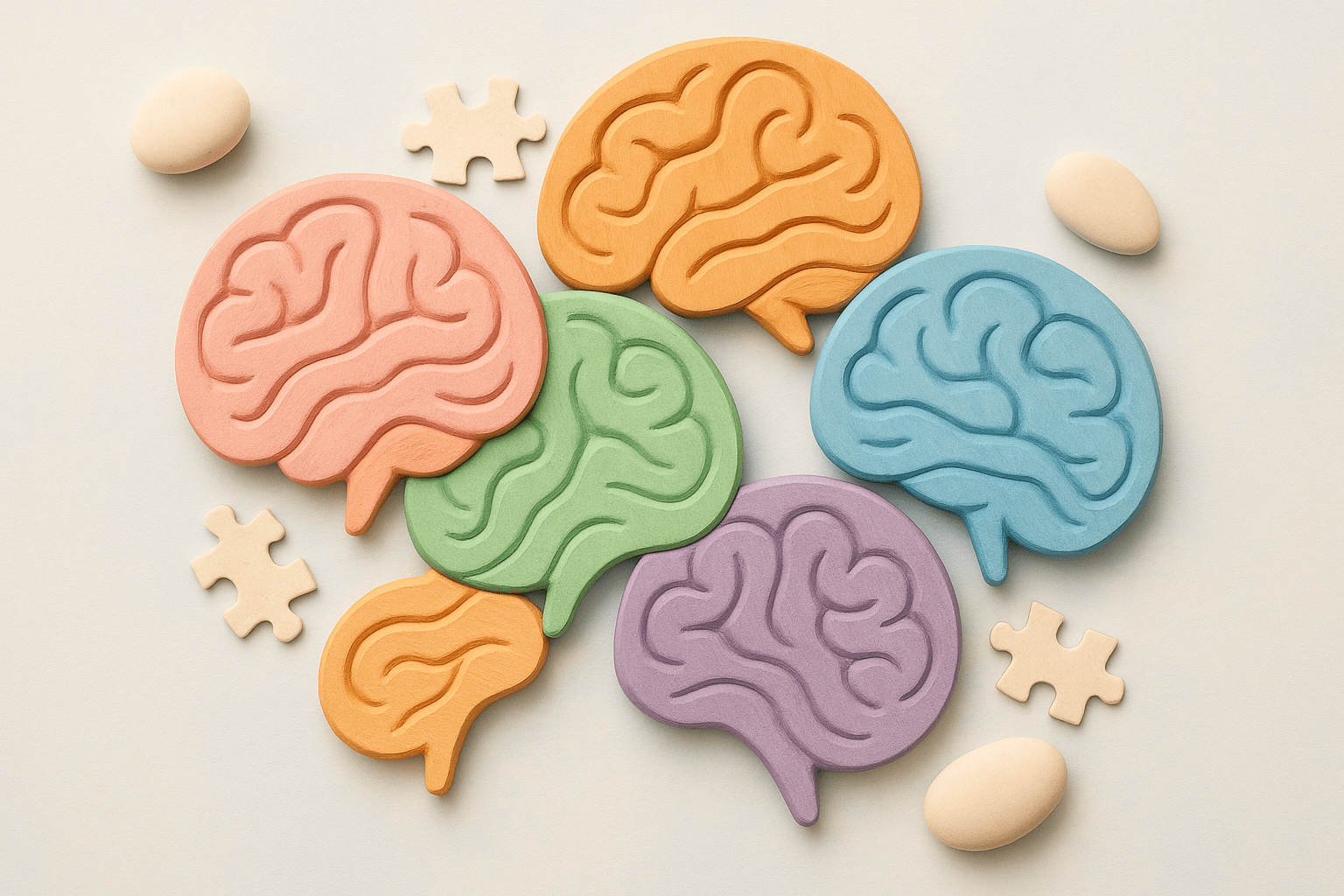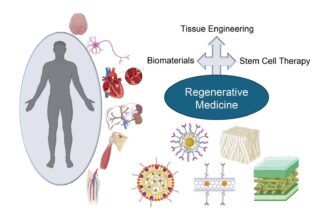A major new study has found that adults with neurodivergent conditions such as ADHD, autism, and obsessive-compulsive disorder experience significantly lower levels of emotional wellbeing than neurotypical individuals. The findings shed light on how unmet emotional needs and social challenges continue to affect mental health across diverse neurodivergent groups.
The research, published in Frontiers in Psychology, used a neuroscience-informed tool called AgileBrain to assess emotional wellbeing across more than 1,000 full-time employees. The study explored emotional activation, positivity, and unmet needs to create a wellbeing index that offers a detailed picture of how people experience and regulate emotions.
JD Pincus, senior researcher at Leading Indicator Systems, explained the motivation behind the work. “Most of the literature focuses on cognitive differences or clinical diagnoses. We saw an opportunity to focus on how neurodivergent individuals differ in terms of their emotional and motivational experience. The degree to which we can meet our needs determines the quality of our well-being, so it’s critically important to be able to systematically measure the drivers of well-being for everyone.”
The results showed a clear hierarchy in emotional wellbeing. Neurotypical participants had the highest scores, reporting positive emotions and stable moods. Those with developmental coordination disorder, also known as dyspraxia, had slightly lower wellbeing but remained comparatively balanced. Adults with autism, sensory hypersensitivity, and sensory integration difficulties experienced greater emotional strain, while those with ADHD and OCD displayed low emotional positivity and higher stress levels. Participants who reported conditions such as depression, anxiety, bipolar disorder, or PTSD had the lowest well-being overall, reflecting deep emotional vulnerability and social isolation.
Pincus noted that “autistic individuals showed pronounced deficits in social needs like inclusion and recognition, while OCD profiles aligned more with insecurity, injustice, and blocked potential, mirroring mood disorder patterns.” He added that understanding these differences allows interventions to be tailored more precisely. “It is our hope that delivering emotional need fulfilment to neurodivergent individuals will unlock real gains in their emotional well-being.”
Ken Beller, senior executive at Near Bridge and co-author of the study, highlighted AgileBrain’s distinct approach. “AgileBrain cuts through the emotional masking that neurodivergent individuals often use to appear ‘normal’. Traditional assessments often capture what people think they should say, but we’re measuring authentic responses before cognitive self-presentation bias kicks in, revealing genuine needs that traditional assessments miss.” He added that “the majority of emotional needs we identified were positive: people wanting more authenticity, more autonomy, more success. This shifts the conversation from fixing problems to amplifying strengths and providing the specific supports that help neurodivergent employees truly flourish.”
The study also found notable gender differences. Men with ADHD displayed stronger emotional activation in areas related to success and ethics, while women with OCD reported higher sensitivity to exclusion and moral injustice. These differences suggest that support strategies may need to be tailored not only by diagnosis but also by gender.
Beyond clinical settings, the findings have important implications for workplaces. As more adults receive neurodivergent diagnoses later in life, the study’s authors argue that employers should focus on creating emotionally supportive environments. In industries such as technology, engineering, and academia, where neurodiversity is common, structured check-ins, ethical leadership, and coaching were linked to improved wellbeing and job satisfaction.
Reflecting on the broader impact, Beller shared his personal perspective. “As a Silicon Valley engineer for twenty years who was diagnosed neurodivergent later in life, I know firsthand how successful we can be when we find the right environment. But I also know how much easier my career, and my relationships, would have been if I’d understood my emotional needs decades ago. This research gives organisations the tools to identify and support neurodivergent talent before they burn out or struggle in silence.”








